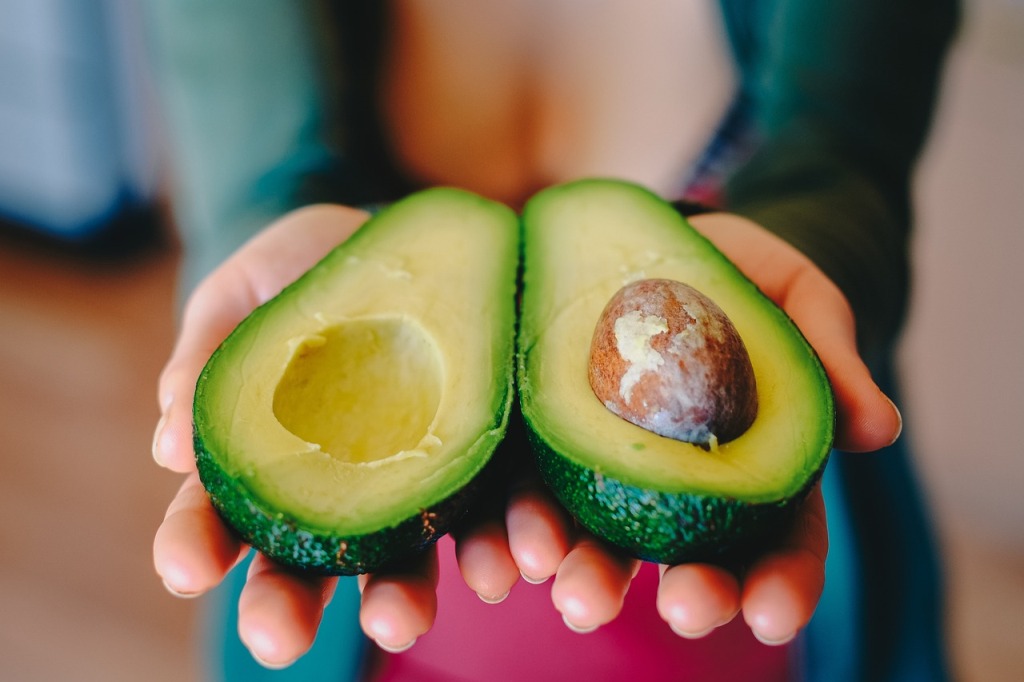With veganism gaining more popularity than ever, many people are debating about plant-based diets over meat consumption. The recent years have seen many Indian celebrities like Aamir Khan, Sonam Kapoor Ahuja, John Abraham, Shahid Kapoor, Sonakshi Sinha and Sharaddha Kapoor turn vegan and praise to skies the outcome of their choices. While vegetarianism is simply removing all meat from the diet, veganism takes things a notch higher by not even consuming animal-based dairy products, resulting in a purely plant-based diet.
Every year on November 1st, World Vegan Day is celebrated. It was started by Louise Wallis in 1994, then Chair of The Vegan Society with an aim to talk about the benefits of vegan diet on humans, animals and planet Earth at large. This day is an opportunity to reflect on the significant impact of meat production on the world and explore the effects of meat consumption on the human body.
Meat Production and Planet Earth
The environmental consequences of producing meat are astounding when seen with a statistical lens. Below is a reflection:
Greenhouse Gas Emissions: The livestock sector is responsible for approximately 14.5% of global greenhouse gas emissions, making it a significant contributor to climate change and global warming.
Land Use: Livestock farming utilises vast amounts of land. Around 80% of the world’s agricultural land is used for meat production, either directly through grazing or indirectly through feed crop cultivation.
Water Consumption: The meat industry is a major consumer of freshwater resources. It takes about 5000 to 20,000 litres of water to produce just 1 kg of meat, whereas the same amount of water can produce 5 times more wheat.
Deforestation: Livestock farming is a driving force behind deforestation, particularly in regions like the Amazon rainforest. It’s estimated that 80% of deforested land in the Amazon is converted for cattle ranching.
Meat Consumption and Human Health
The consumption of meat, especially in excessive amounts, has profound effects on human health, as supported by a wealth of research material:
Cardiovascular Disease: High consumption of red and processed meats has been linked to an increased risk of cardiovascular disease. Research shows that a diet rich in plant-based foods can help reduce these risks.
Cancer Risk: The World Health Organization (WHO) has classified processed meats as Group 1 carcinogens, meaning they are known to cause cancer. Red meat is classified as Group 2A, meaning it is probably carcinogenic to humans.
Obesity and Diabetes: High intake of red and processed meats is associated with an increased risk of obesity and type 2 diabetes. Plant-based diets, on the other hand, are associated with lower rates of obesity and better blood sugar control.
Antibiotic Resistance: The routine use of antibiotics in livestock farming promotes antibiotic resistance, which poses a significant threat to human health. Overuse of antibiotics in animal agriculture can render these crucial drugs ineffective in treating human infections.
Why Veganism?
Given the compelling statistics and research material, it’s no wonder that more and more people are choosing plant-based diets and celebrating World Vegan Day. The benefits of a vegan lifestyle extend beyond personal health and environmental conservation:
Reduced Animal Suffering: Veganism is rooted in compassion for animals. Choosing plant-based options reduces the demand for factory farming and, in turn, the suffering of animals raised for food.
Global Food Security: A shift towards plant-based diets can alleviate global food shortages. It takes fewer resources to produce plant-based foods than animal products, allowing us to feed more people with less land and water.
Improved Health: Numerous studies have shown that a balanced vegan diet can lower the risk of chronic diseases, improve overall health, and increase longevity.
From condemning animal cruelty to wanting a younger looking skin – the reasons for masses turning vegan can be varied, but the ultimate effect is definitely going to help the planet earth and future generation. If completely removing meat from the diet is a difficult option, one must surely consider reducing its consumption to move towards a sustainable diet, healthier self and better planet.


